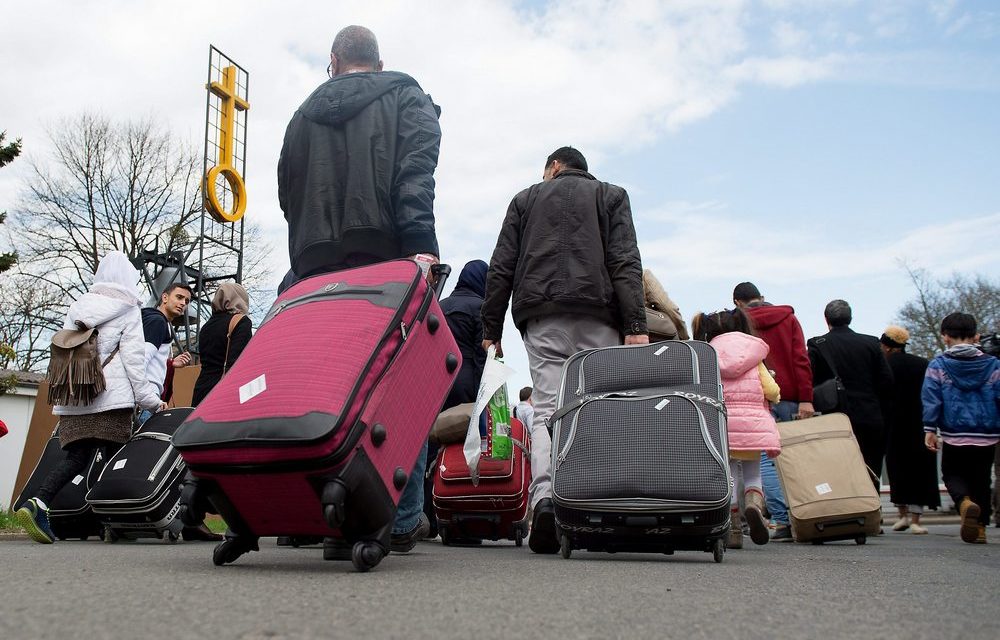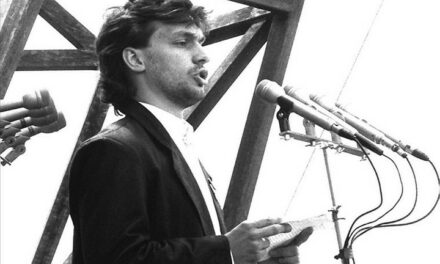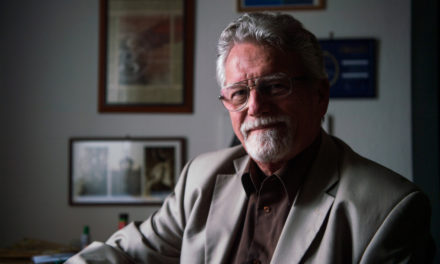France, holding the consecutive presidency of the European Union, would promote the reform of the common European asylum system by strengthening the European external borders and with the principle of "mandatory solidarity" for the distribution of asylum seekers.
Following the informal meeting of the ministers of interior and justice of the European Union member states in Lille, northern France on Thursday, Ylva Johansson, the member of the European Commission responsible for home affairs, welcomed that the meeting gave new impetus to the creation of the new pact on migration and asylum.
At the press conference following the meeting, the French Minister of the Interior, Gérald Darmanin, highlighted that the member states accepted President Emmanuel Macron's proposal for the establishment of political management of the Schengen zone. The interior ministers of the zone will take their seats in the so-called Schengen Council, and their inaugural meeting will be held on March 3.
According to France, the new organization is needed due to health and security similar to the coronavirus epidemic, and migration crises such as the one that developed on the Polish-Belarusian border in 2021.
With better control of external borders and the introduction of pre-entry screening mechanisms, France wants to get the member states to accept the principle of mandatory solidarity with the countries that are on the front line of the arrival of migrants, including Italy and Malta.
According to the idea, thanks to the increased control, migration pressure would be less, and fewer asylum seekers would have to be distributed among the countries that would voluntarily accept them, said the French Minister of the Interior, Gérald Darmanin, at the closing press conference.
The "mandatory solidarity" proposed by France would mean that asylum seekers arriving in the first country of the European Union would be distributed among the other member states. Those countries that do not wish to participate in the mechanism would pay "very significant support" to the frontline countries and to the countries that receive the asylum seekers, emphasized Gérald Darmanin.
A proposal to distribute refugees among member states according to quotas failed in 2015 and has divided member states ever since.
German Interior Minister Nancy Faeser told the AFP news agency that France and other countries are ready to create a "coalition of good will". Regarding possible partners, German politician Emmanuel Macron mentioned 12 European countries that are ready to accept asylum seekers. His French colleague said that "the majority of European member states" would participate in the program, but he did not mention which countries.
Austrian Interior Minister Gerhard Karner spoke of a "coalition of sane people" rejecting the detention of refugees, as opposed to a "coalition of well-intentioned people". Emphasizing the importance of better protection of the external borders, he recalled the request made to the European Union by the 16 countries that proposed the financing of border closures to the European Commission.
MTI
Cover image: Illustration / MTI/EPA/Swen Pförtner












